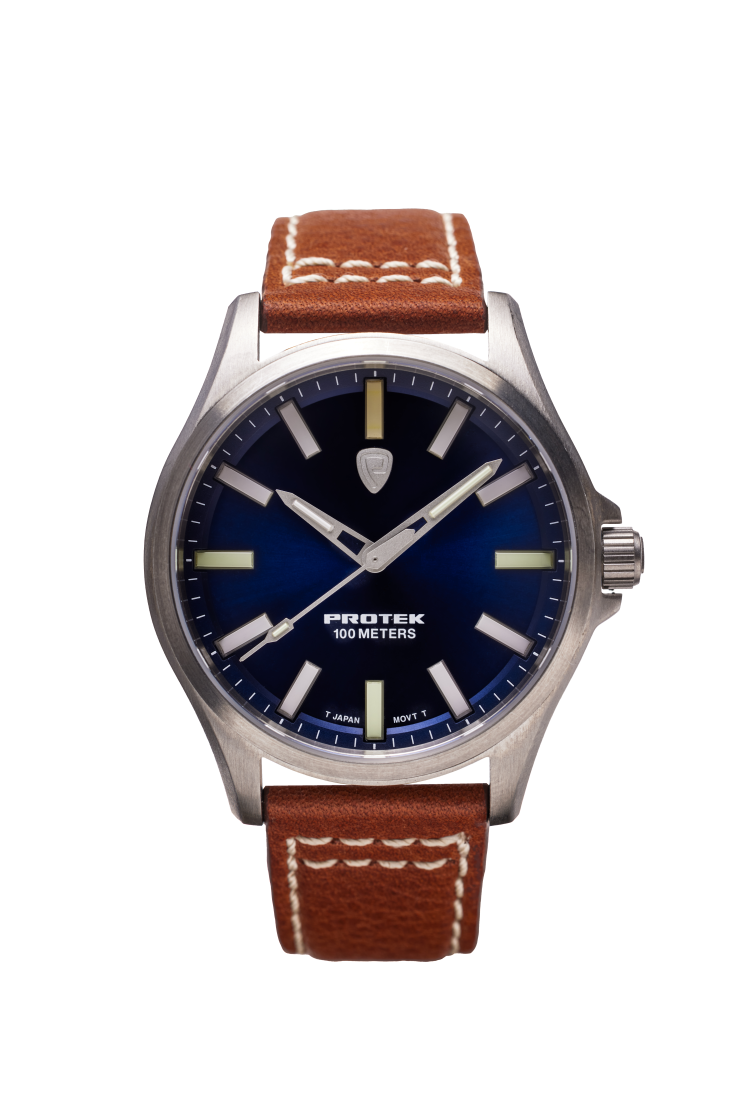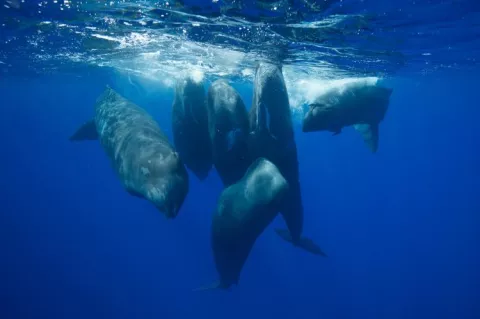Fossil bed in national forest in Nevada may have been breeding ground for ichthyosaurs
In the Berlin-Ichthyosaur State Park in the Humboldt-Toiyabe National Forest in Nevada, there is a fossil bed in which many ichthyosaurs (Shonisaurus popularis) have been found petrified in stone.
Over the years, there has been speculation that they had perished in a mass stranding incident or due to a nearby algal bloom. While these were possible, there had not been strong evidence to support these theories.
















